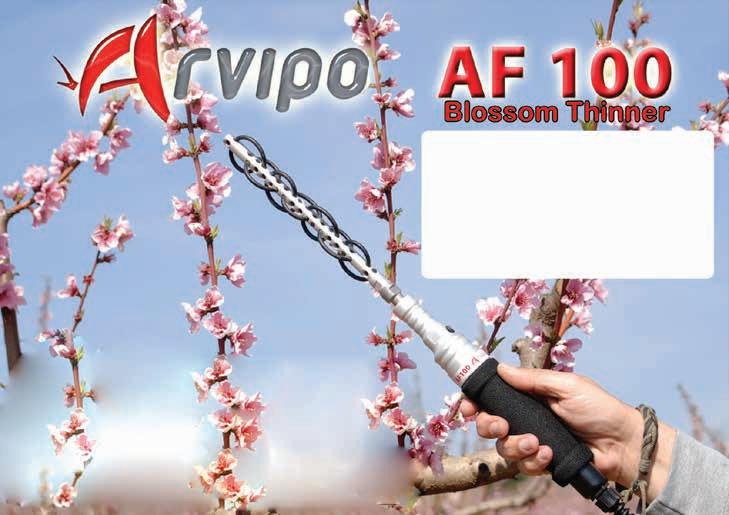YOUR INDUSTRY
KIWIFRUIT UPDATE
Proposal to retain NZKGI’s value to growers by increasing its levy Supplied
New Zealand Kiwifruit Growers Incorporated (NZKGI) has grown substantially in recent years, resulting in an increased output in the organisations’ value for growers. For NZKGI’s 2021 Annual General Meeting, a motion is proposed to change the organisation’s levy from 1 cent per tray of kiwifruit exported outside New Zealand (excluding Australia) to 1.1 cent, an increase of a tenth of one cent. The resolution stems from a unanimous decision made at the March 2021 Forum meeting in recognition that NZKGI’s activities should be maintained, and that this was not possible within the current levy rate. NZKGI’s Commodity Levy has funded the organisation since 2012. At the last levy renewal referendum in February 2017, growers voted to set a maximum levy rate of 1.5 cents per tray, which the proposed 1.1 cent falls within. With the proposed levy, NZKGI intends to continue to operate as it has done for the past five years with activities in each of the six portfolios. Continuing NZKGI’s current outputs is not feasible with the current resourcing. Key points to this are: • Two staff are currently co-funded by government. This means that the output of the organisation would decrease if these positions were no longer funded by government and NZKGI did not have the resource to fund them. • Current staff are working beyond capacity and this is not sustainable. • The organisation is going through a transition period with the changeover of chief executives. What follows is an overview of the value the organisation’s six portfolios have delivered to growers in recent years. We also encourage you to visit the Organisation page of the NZKGI website, where NZKGI has published detailed information on the value of the organisation for growers: www.nzkgi.org.nz. NZKGI delivers results for growers NZKGI’s work is split into six portfolios, each of which have their own focus. Here are just some of the highlights of NZKGI’s work from recent years. 54
The ORCHARDIST : AUGUST 2021
Attracting seasonal full-time workers to the industry NZKGI continues to work with industry stakeholders to attract potential employees to the kiwifruit industry. The 2018 seasonal labour shortage led NZKGI’s Labour portfolio to develop a Labour Attraction Strategy for the 2019 harvest. The strategy provided initiatives and information to attract New Zealanders and those on Working Holiday Visas to the industry. The strategy was refined and extended for the 2020 and 2021 harvests, with the latter requiring 23,000 seasonal workers to pick and pack. The most recent campaign gained 10 million impressions across all communication mediums, leading to 11,490 people visiting NZKGI’s seasonal jobs page to gain more information on working in the industry. As part of the strategy to attract potential employees to the industry, NZKGI’s Education portfolio offered one-day winter pruning courses in 2020 and 2021 with funding from the Ministry for Primary Industries to help develop skilled labour. Some participants also had the opportunity to join an intensive five-day course to gain skills which would make them more attractive to employers. Another highlight where NZKGI fosters careers into the kiwifruit industry is through NZKGI’s Kiwifruit Book. Launched in 2015, the book provides teachers of horticulture (and even agriculture) with a resource that shares every aspect of the kiwifruit industry, including statistics, event updates, hot topics, on-orchard management practices and sustainability. Each year 200 copies are distributed to schools and a digital version is available on the NZKGI website. Industry communication NZKGI’s Communication portfolio has been widely recognised for its success over the past year, winning the Gold Award for Special Project or Short-Term Campaign from the Public Relations Institute of New Zealand. NZKGI was also the winner of the Primary Sector Communications Award at the 2020 Ravensdown Agricultural Communicator of the Year Awards for industry communication throughout Covid-19 lockdowns.





























